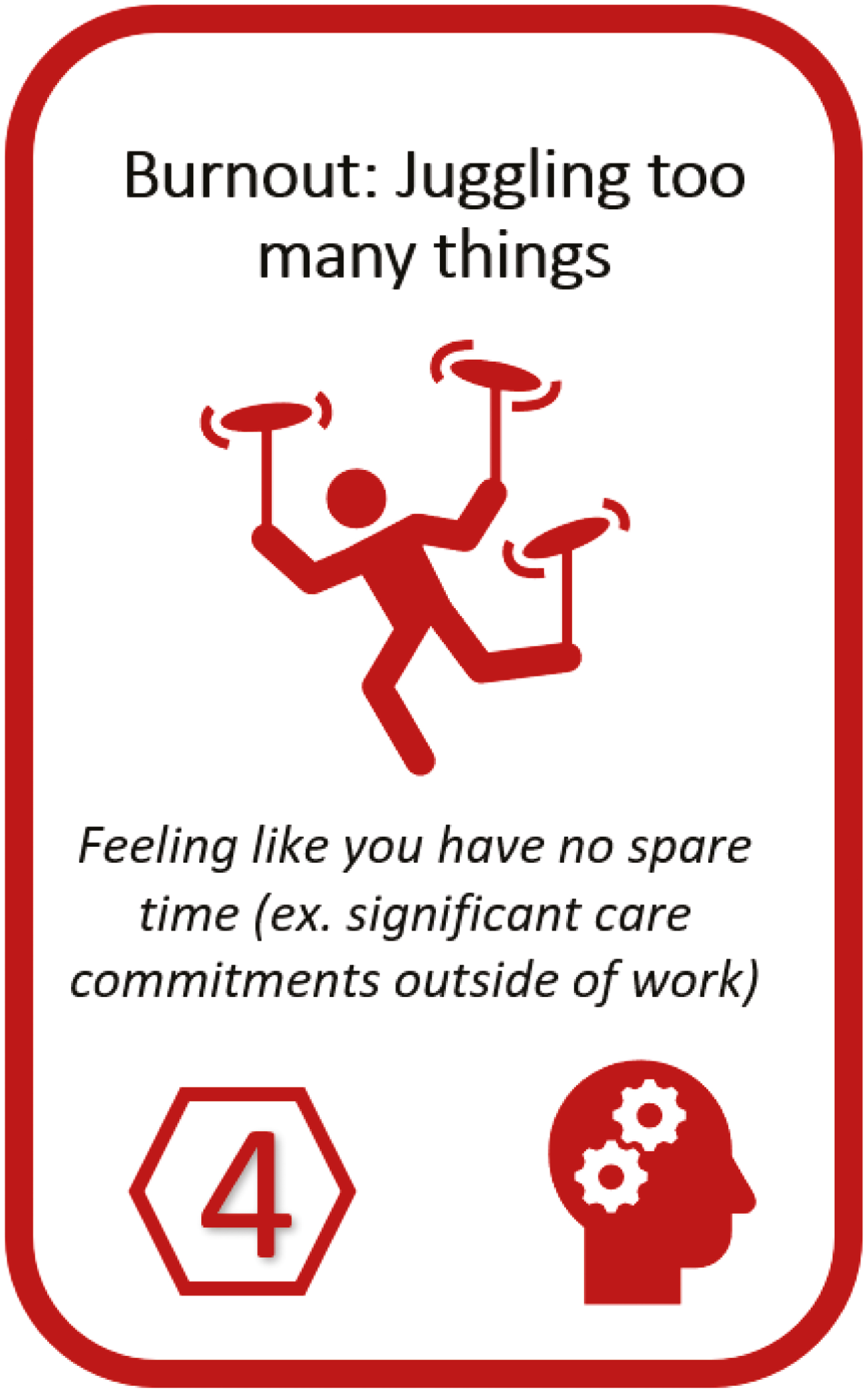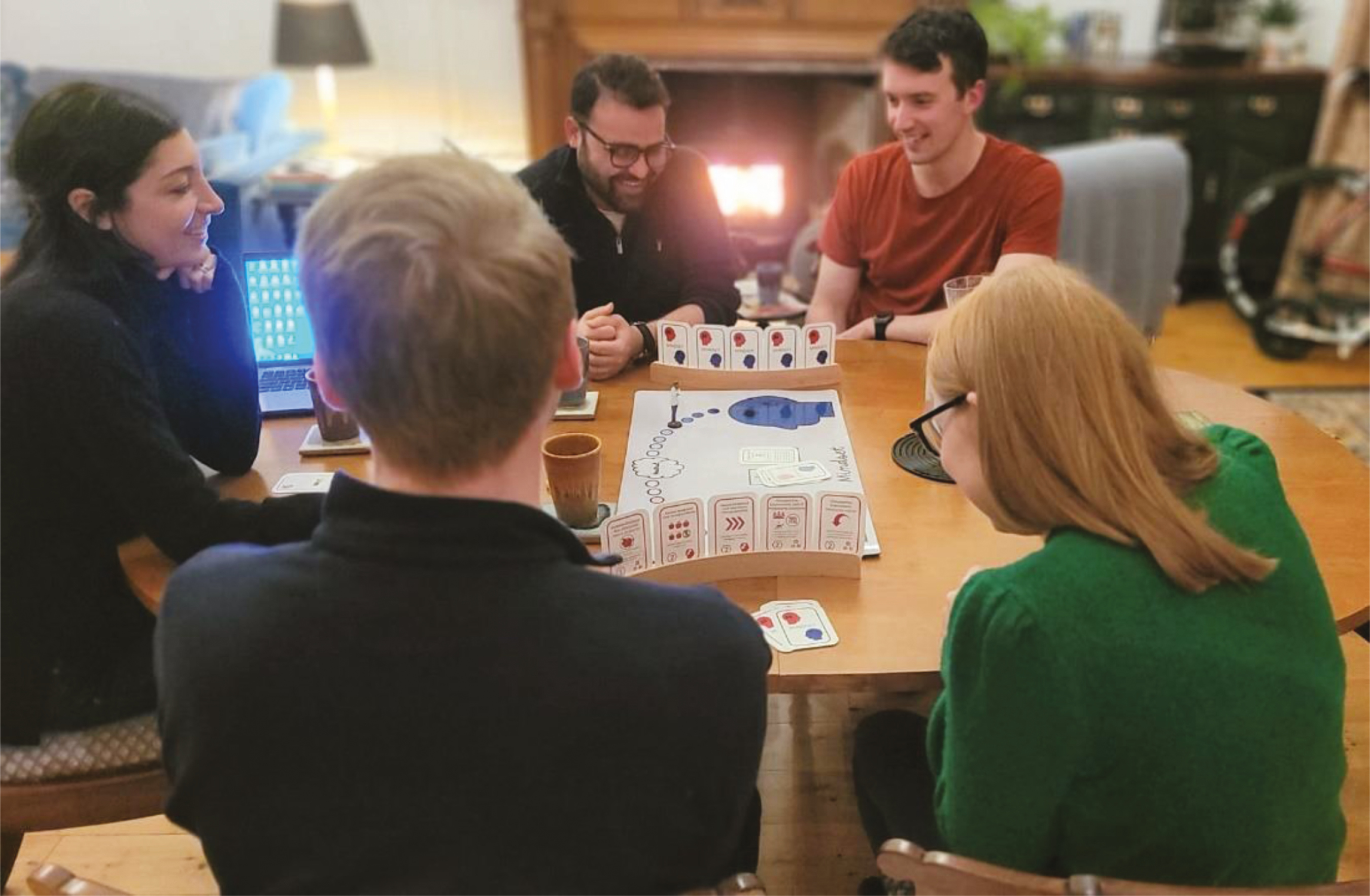
Being a doctor in training (trainee) can often feel like working in an inferno of chaos and complexity. In this challenging environment, some trainees seem to flourish while others quickly wilt. One possible difference between these two groups is mindset: how the trainee views their attributes such as intelligence and procedural ability [1]. The mindset a trainee adopts and maintains during their training can contribute significantly to how well they cope in the face of adversity [2], which is an inevitable part of the training experience.
The implicit theory about mindset proposes two different and opposing types: a fixed versus a growth mindset. With a fixed mindset, an individual believes they are born with a certain amount of an attribute and so their potential is both pre-determined and static. With a growth mindset, an individual believes their attributes are malleable and can strengthen over time with intentional and repeated effort, adaptable learning strategies and challenge-seeking [3]. The potential benefits to adopting a growth mindset are vast and include improved academic success, increased resilience and better mental health outcomes [2,4]. All these benefits are essential to the continued well-being and success of trainees.
Although the benefits of a growth mindset are clear, few trainees know what a growth mindset is, the advantages of a growth mindset and how to identify factors that enhance or hinder their ability to adopt one. It is essential for medical educators to highlight to trainees all the potential tools available to them to excel in their training. A growth mindset is not only one of those tools, but perhaps one of the sharpest ones.
Gamification (using game attributes in a non-gaming context) of a simulation can be utilized to optimize students’ learning outcomes [5]. Serious games, including board games, are becoming more common within healthcare simulation [6]. We developed an educational tool named a Tabletop Simulation Board Game (TSBG) (Figure 1). It was developed to create an engaging, bespoke and mobile method to teach the mindset theory and the practical application of growth mindset to Oncology Specialty Trainees.


Mindset TSBG is a run-through of the Oncology Specialty Trainee’s on-call shift, in which she encounters various challenging scenarios throughout her day. She can adopt a fixed or a growth mindset in response to these challenges. In two teams (Fixed versus Growth Mindset Teams), the participants compete using playing cards with different numerical values to pull the Oncology Specialty Trainee’s mindset to their end of the game track, like a tug of war on her mindset. Each playing card represents an intrinsic or extrinsic factor that makes it more likely that the Oncology Specialty Trainee will adopt their team’s mindset, such as structured and continuous feedback from supervisors (extrinsic factor for growth mindset) or burnout (intrinsic factor for fixed mindset) (Figure 2).


Prior to the game, the facilitator provides a 10-minute presentation explaining the mindset theory. The game is followed by a facilitated debrief, where the participants reflect on the simulation experience, relate mindset to their training and discuss how to overcome barriers and harness enabling factors to adopt a growth mindset.
A total of 11 participants (10 Oncology Specialty Trainees and 1 newly qualified Oncology Consultant) attended one of three sessions and completed an evaluation form. All responded strongly agree or agree to ‘I learnt something new that will positively contribute to my personal and professional development’.
We also asked, ‘can you reflect on how adopting a growth or fixed mindset at a specific point or throughout your training has impacted your career trajectory?’ Their deeply reflective responses such as ‘adopting a growth mindset drove me into [applying to] Oncology [training] with little pre-existing experience’ demonstrated that the simulation sparked an understanding and appreciation of the benefits of adopting a growth mindset.
We found that adding game-based elements to simulation enhanced participant engagement and enjoyment through constructive competition and strategic play. This was demonstrated by observation and verbal feedback (Figure 3).


We also found that although all participants had previously experienced simulation that focused on technical and behavioural skills, none had experienced simulation that focused on development of personal beliefs or attitudes. This made us reflect that not only the design, but the topic of our educational activity, was innovative to simulation-based education.
The next step is to provide Mindset TSBG to other groups of trainees. It can be easily adapted for this purpose as only the scenario cards need to be changed to reflect different clinical settings. We are also undertaking a thematic analysis on the transcripts of the recorded debriefs for a future publication exploring factors that doctors in training perceive to enhance or hinder their ability to adopt a growth mindset.
The TSBG model lends itself to most clinical settings interested in harnessing the combined power of both game-based and simulation-based learning for a low-price tag. It is easily portable, can be set up within minutes, and can be delivered by only one faculty member. The blend of these design features provides endless opportunities for other simulation educators to adapt the model to their clinical setting.
None declared.
None declared.
None declared.
None declared.
None declared.
1.
2.
4.
5.
6.